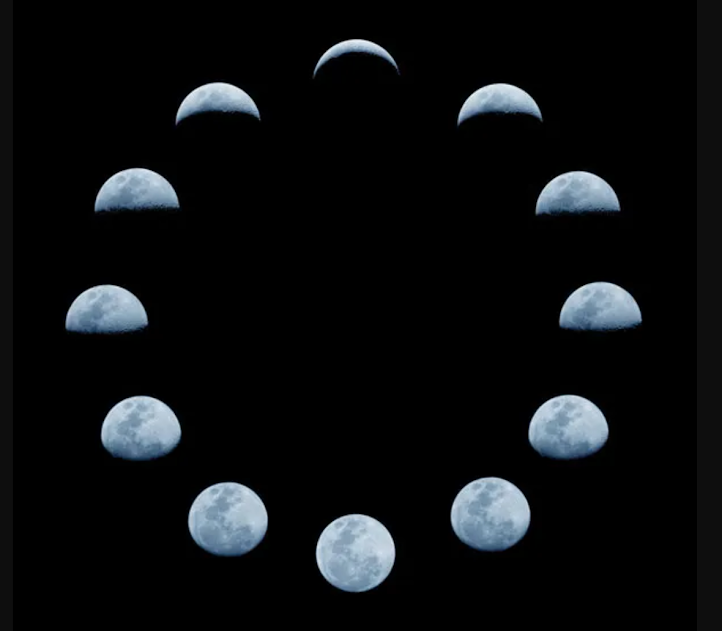Keke Juchtleer had not found it necessary to bring any travel guide on her first trip to America, because she assumed that America would be self evident. And to a large extent, it was. America seemed to be as mysterious as a cupholder in a Ford Focus. Everything you ever knew about America, through whatever channel: it was all true. What you saw was what you got. Transparency, facts, the unquenchable thirst for certainty. Which often had the opposite effect, namely paranoia and anxiety. The number of people here who think alone, sing alone, and eat alone, talk alone in the streets is mind boggling. And yet they don't add up. Quite the reverse. They subract from eachother and their resemblance is uncertain, Keke read aloud from AMERICA by Jean Baudrillard, a book she did bring on her trip. 'Who the fuck does this guy Baudrillard think he is?' Cab Calloway, Keke's host for almost a week now, asked. 'Obviously he never been to Drummer's Grove.' Keke read on: More sirens here, day and night. The cars, the advertisements, New York is wall to wall prostitution. 'Hell, I ain't no pimp,' Cab interjected. 'That is, if yo no ho, hè hè.' Keke, and Baudrillard, weren't finished yet: When I speak of the American way of life, I do so to emphasize its utopian nature, its mythic banality, its dream quality and its grandeur. That philosophy that is immanent not only in technological development, but also in the exceeding of technology in its own excessive play, (...), not only in banality, but in the apocalyptic forms of banality, not only in the reality of everyday life, but in the hyperreality of that life which, as it is, displays all the characteristics of fiction.
6. Mythic banality
Keke Juchtleer had not found it necessary to bring any travel guide on her first trip to America, because she assumed that America would be self evident. And to a large extent, it was. America seemed to be as mysterious as a cupholder in a Ford Focus. Everything you ever knew about America, through whatever channel: it was all true. What you saw was what you got. Transparency, facts, the unquenchable thirst for certainty. Which often had the opposite effect, namely paranoia and anxiety. The number of people here who think alone, sing alone, and eat alone, talk alone in the streets is mind boggling. And yet they don't add up. Quite the reverse. They subract from eachother and their resemblance is uncertain, Keke read aloud from AMERICA by Jean Baudrillard, a book she did bring on her trip. 'Who the fuck does this guy Baudrillard think he is?' Cab Calloway, Keke's host for almost a week now, asked. 'Obviously he never been to Drummer's Grove.' Keke read on: More sirens here, day and night. The cars, the advertisements, New York is wall to wall prostitution. 'Hell, I ain't no pimp,' Cab interjected. 'That is, if yo no ho, hè hè.' Keke, and Baudrillard, weren't finished yet: When I speak of the American way of life, I do so to emphasize its utopian nature, its mythic banality, its dream quality and its grandeur. That philosophy that is immanent not only in technological development, but also in the exceeding of technology in its own excessive play, (...), not only in banality, but in the apocalyptic forms of banality, not only in the reality of everyday life, but in the hyperreality of that life which, as it is, displays all the characteristics of fiction.
Abonneren op:
Reacties posten (Atom)









Geen opmerkingen:
Een reactie posten
Wat fijn dat jullie er zijn